The craft distiller collaboration is donating all of its proceeds to support industry diversity & inclusion
Raising a glass of good whiskey with good friends is something that’s always worthy of celebration. Doing so while knowing that the funds which purchased the whiskey–not the profits, but every dollar of revenue–were donated to a worthy cause is that much better.
When a group of craft distillers in the U.S. wanted to help the industry they cherish, they turned to what they already did best: making whiskey. “This product is simply and strictly about that, bringing our community together, and trying to do something,” says John McKee of Montana’s Headframe Spirits, and co-founder of the Good Deeds Spirits organization. “And our ‘thing’ happens to be whiskey.”
The result is Good Deeds Malt Whiskey, the first release from Good Deeds Spirits. The whiskey is available for sale around the country exclusively via Seelbachs, with 100 percent of its proceeds benefiting the STEPUP Foundation, an initiative founded by the American Craft Spirits Association (ACSA).
What is Good Deeds Malt Whiskey?
Good Deeds Malt Whiskey is a blend of 10 American single malt whiskeys married together for five months in used bourbon barrels. The expression is a limited release of 1,000 bottles bottled at 46% ABV, and priced at $75 for a full-size 750ml bottle
The 10 distilleries providing whiskey to the project include: Balcones Distilling of Waco, Texas; Bently Heritage Estate Distillery of Minden, Nevada; FEW Spirits of Evanston, Illinois; Headframe Spirits of Butte, Montana; Rogue Spirits Distillery of Newport, Oregon; Santa Fe Spirits of Santa Fe, New Mexico; Sonoma Distilling Company of Rohnert Park, California; State Line Distillery of Madison, Wisconsin; Thornton Distilling Company of Thornton, Illinois; and Triple Eight Distillery of Nantucket, Massachusetts.
Every aspect of the whiskey’s production was a donated product or service, including the sales and distribution via Seelbachs.com, leaving 100 percent of the proceeds available for donation. “It speaks to the commitment of the members of our group,” says Johnny Jeffery of Bently Heritage Estate Distillery, and co-founder of Good Deeds. “The bottles were donated, the labels were donated, the closures were donated.”
Jeffery himself head up the blending team, a unique and intensive project the likes of which isn’t common in the world of American whiskey, where each individual distillery looks to make a singular product with a personality all its own. “That was actually one of the unique challenges of blending this,” he says. “We cycled through 10, 15 different blends, and there was always something screaming out of it and begging for attention.”
For instance, at Sante Fe Spirits, founder Colin Keegan smokes his single malt using the powerful and recognizable aromas of mesquite. At FEW, cherry wood smoke is used. One distillery might finish or mature their whiskey in wine casks, another, might work with used or new bourbon casks. A range of fermentation techniques and distillation equipment is deployed from one to another, at distilleries with maturation environments as varied as coastal Oregon to central Texas.
It’s a plethora of flavors and styles to bring together, and its creation took a great deal more effort than simply dumping a bunch of whiskey together into one batch. “The really interesting thing was looking at what these different distilleries were expressing, and then blending all of these wildly expressive whiskeys together to come up with something we’re super proud of,” Jeffery says.
The end result is almost a cross-section of the world of American single malts. It’s at turns spicy and floral, as well as fruity and chocolaty; a complex sipper worth contemplating and a cause worth supporting. “From concept to bottling and being ready to sell, all in year, all of us volunteering our time and energy,” Jeffery says. “It’s pretty lovely.”
The STEPUP Foundation
The STEPUP Foundation is short for the Spirits Training Entrepreneurship Program for Underrepresented Professionals. The effort was launched by the ACSA in order to provide hands-on training and internship opportunities for underrepresented individuals in the industry.
“STEPUP is a 100-percent costs-covered, paid internship program,” Jeffery says. Interns spend a few months in a given distillery learning all aspects of its operation, giving them invaluable real world experience. “The foundation will pay to put people in distilleries and train them up and start actively changing the literal face of craft distilling, and to start to help diversify it for people who don’t have access. We’re looking to broaden the population of people who are represented–that’s why we’re here.”
Or in the words of McKee, bringing more people into the industry who don’t look like the ones who were already hands-on in the creation of this whiskey. “Other than guys like me, with gray hair,” he jokes.
Jeffery says that while one strength of the craft distilling movement has been diversity of expression, actual diversity among its constituent members–business owners, distillers, brand ambassadors, and on down the line–hasn’t been where it could or should be. “There are places we need work, in a lot of ways,” he says. “This is us trying to contribute to that and broaden diversity, and we’re hoping to raise somewhere in the neighborhood of $70,000.”
Of course, if the 1,000-bottle release sells out at $75 apiece, $75,000 will be raised in total.
“Every single dime that comes in is going to STEPUP, we really feel really strongly about this,” McKee says. “It’s about trying to do good for our industry; a bunch of yahoos who wanted to try to do some good. While we think the whiskey is good, the money we raise from this project will be even better.”
What’s Next For Good Deeds?
Good Deeds Malt Whiskey represents the first release from Good Deeds Spirits, and it won’t be the last. While the project will continue donating its revenue to charitable causes, the specific groups they support may change in the future as well.
“If we get this first round sold, absolutely, we’re going to come out with a second round,” McKee says.
Already, the distillers have cobbled together another few hundred gallons of whiskey which have been stowed away in sherry butts. The next edition should therefore be larger, approaching approximately 4,000 bottles in size.
A future with more good whiskey, and more Good Deeds, is something we can all agree is a good thing.

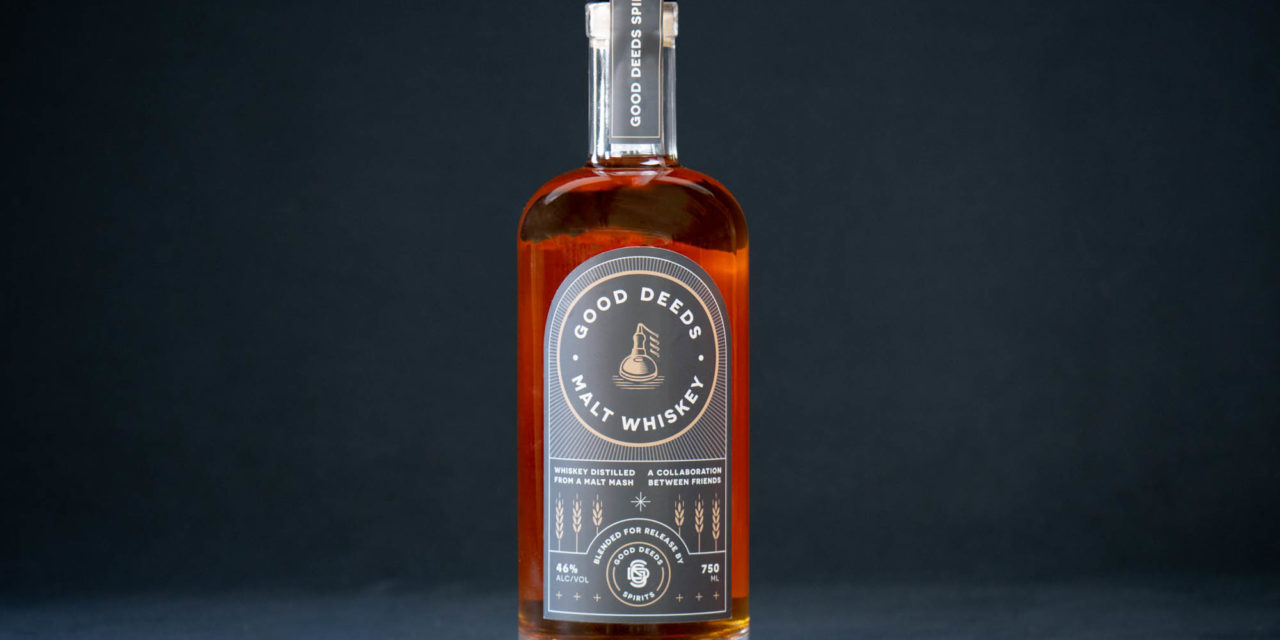
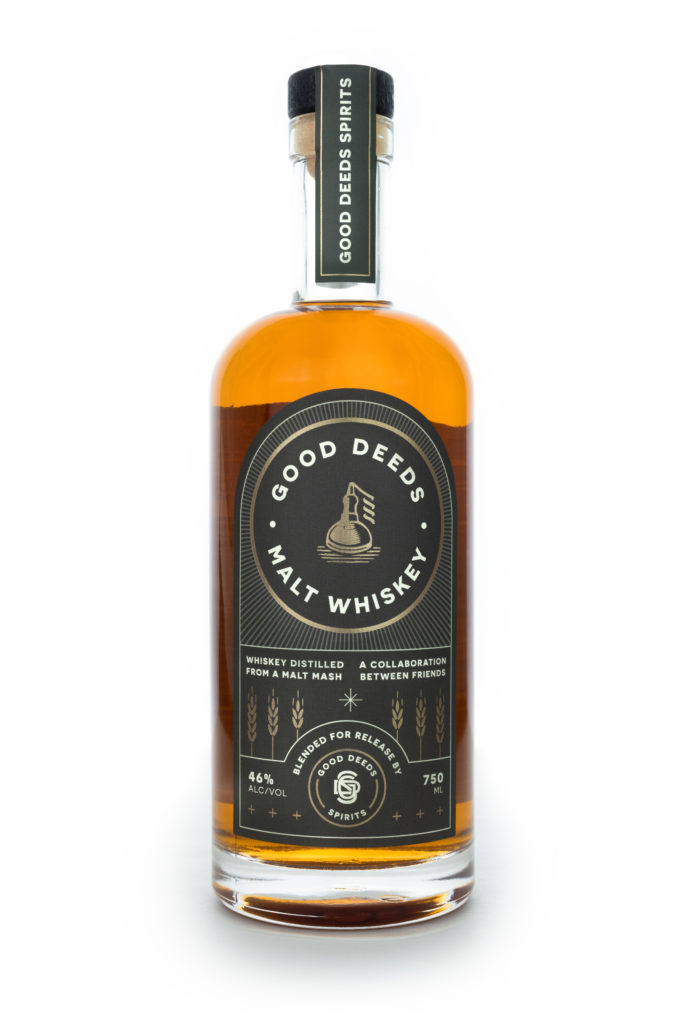
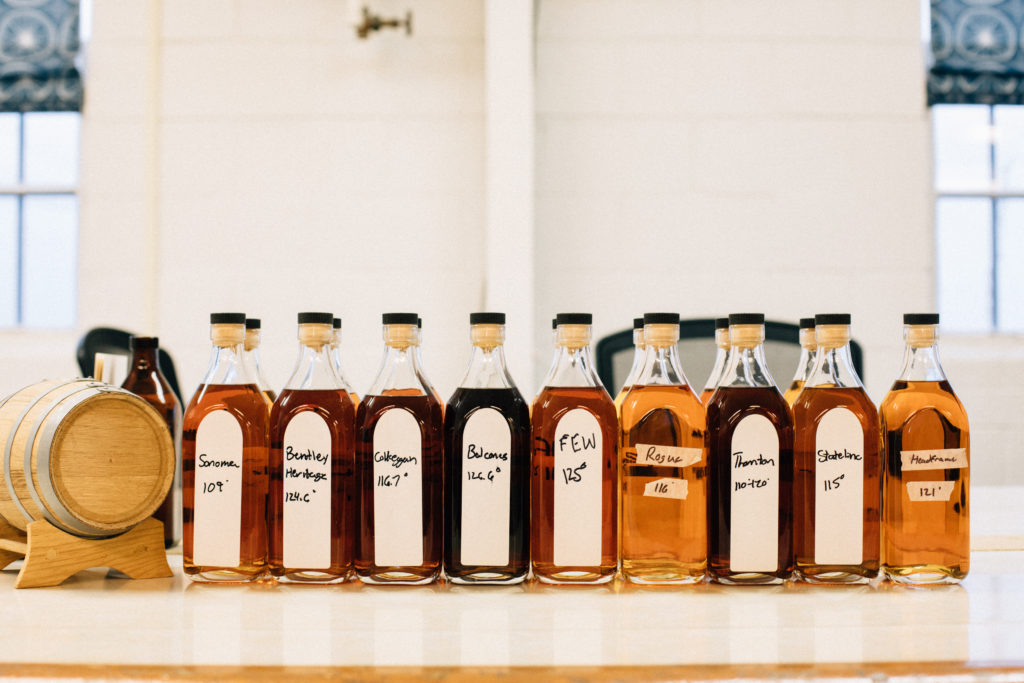
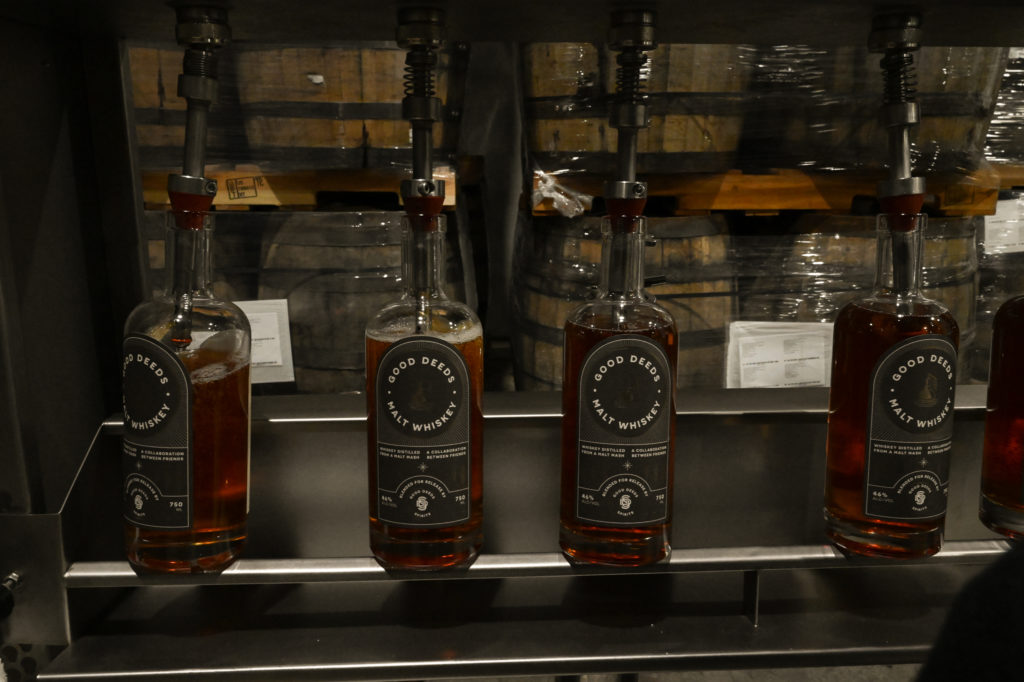
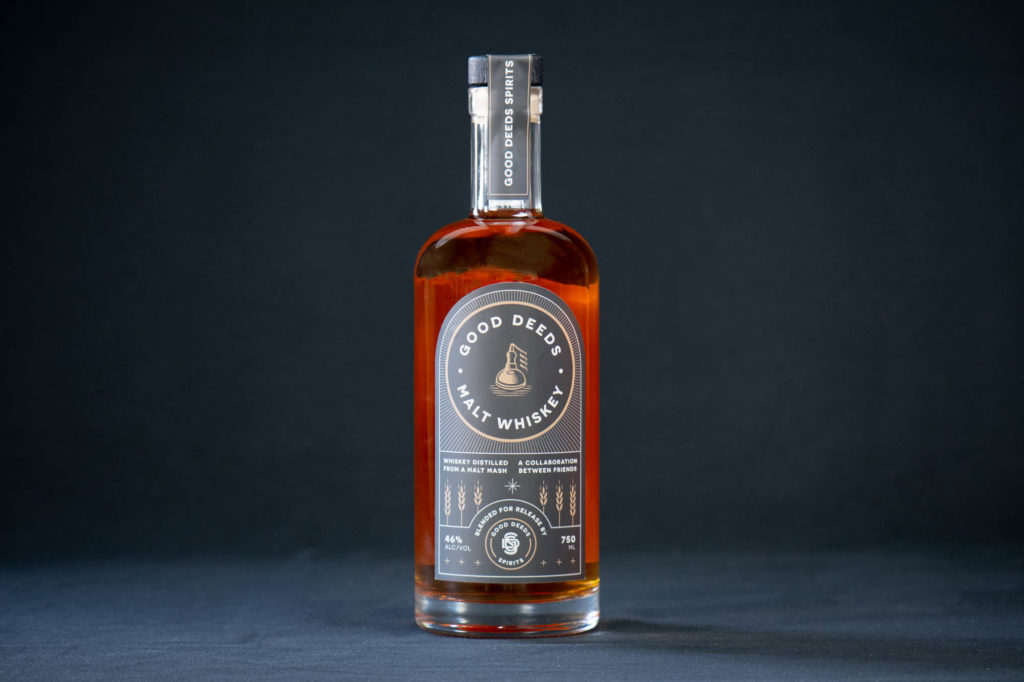

Reliability is the cornerstone of GreatStyle, and it’s a rare and cherished quality in today’s world. As a dedicated client, I’ve entrusted my haircare needs to them, and I can attest to their consistency in delivering exceptional results. Their team of seasoned professionals approaches each appointment with the kind of dedication and commitment that’s hard to find elsewhere. Click for visit.